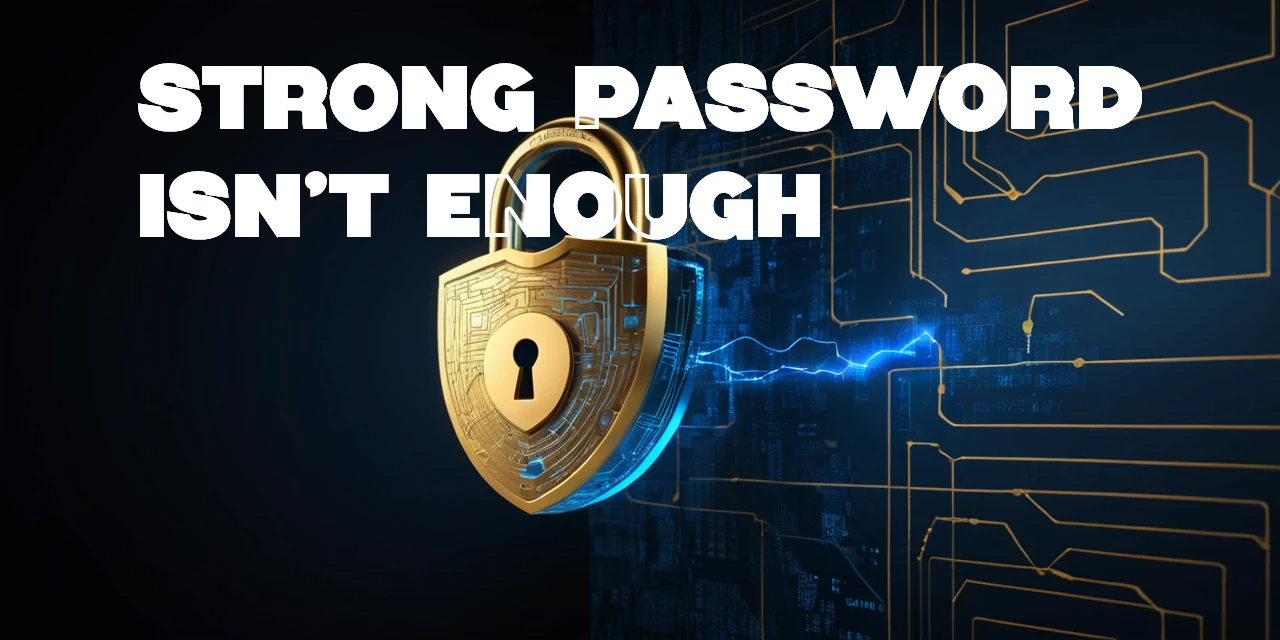If you’re one of the 2 billion users on WhatsApp, you’re probably convinced that your chats are safe and private. After all, WhatsApp proudly advertises its end-to-end encryption, claiming, “No one can see or hear your personal messages. Not even us.” But here’s the uncomfortable truth: that statement is only partially accurate and you should be aware about WhatsApp privacy concerns.
Table of Contents
Let’s peel back the layers and uncover what’s really going on behind the scenes of the world’s most popular messaging app—and why you should be seriously about your WhatsApp privacy Concerns.
Here is another detailed article on WhatsApp privacy issues
1. Facebook Owns WhatsApp — And That Matters
One of the core WhatsApp privacy concerns stems from its ownership. Most people who distrust Facebook often forget: Meta owns WhatsApp. Acquired in 2014, WhatsApp has since been deeply integrated into Meta’s ecosystem. The founders have even publicly expressed regret over the sale. If you distrust Facebook’s approach to privacy, it’s inconsistent to trust WhatsApp.
2. End-to-End Encryption, Total Privacy
Yes, WhatsApp uses the same encryption protocol as Signal, a trusted privacy-first app. However, WhatsApp privacy concerns arise from what’s not protected. Here’s what it doesn’t protect:
- Metadata – Like who you’re messaging, when, and how often.
- Backups – Chats saved to iCloud or Google Drive are often unencrypted unless you manually enable encryption.
- Group data – WhatsApp collects info on group names, members, admins, and more.
3. WhatsApp Collects More Data Than You Think
Even if it can’t read your messages, WhatsApp collects extensive data, such as:
| Data Type | Examples |
|---|---|
| Contact Info | Phone numbers, contact list |
| Device Info | OS version, battery level, signal strength |
| Usage Patterns | Online/offline times, message frequency |
| Location Data | IP address, approximate location |
| Payment Info | Through WhatsApp Pay |
| Meta Cross-Tracking | Shared data with Facebook & Instagram |
All of this can be combined with Meta’s ecosystem, including Facebook and Instagram, raising serious WhatsApp privacy concerns.
4. Backups Can Bypass Encryption
Here’s a major flaw: cloud backups of your chats are not encrypted by default. That means even if you’re using WhatsApp’s encryption, if you or your contact backs up messages to the cloud without turning on encryption, your messages are vulnerable. This loophole weakens the integrity of end-to-end encryption and is one of the top WhatsApp privacy concerns today.
What to do?
➡️ Go to Settings > Chats > Chat Backup > End-to-End Encrypted Backup and turn it on now.
Then, encourage your contacts to do the same.
5. Ads Are Coming — and So Is More Tracking
Meta’s plan is crystal clear: just like Facebook and Instagram, ads are coming to WhatsApp. These ads will be powered by:
- Device data
- Location
- Language
- Ad interaction patterns
This transition opens up more WhatsApp privacy concerns, especially regarding behavioral tracking and algorithmic profiling. Their Head of Business Messaging has confirmed this. This isn’t speculation—it’s happening.
6. WhatsApp Isn’t Open Source
Transparency is a pillar of digital privacy. Unfortunately, WhatsApp is not open source, meaning:
- You can’t verify how it handles your data.
- You’re left with a “trust us, don’t verify us” model.
- Meta controls all updates, features, and policies.
Compare this to open-source messengers like Signal or Session, where everything is publicly audited and community-driven.
7. The Metadata Problem: Why It’s Still Dangerous
Even if Meta can’t see your messages, metadata can be deadly—literally. As former U.S. intelligence officials have noted, “We kill people based on metadata.”
Metadata reveals patterns of life. It tells who talks to whom, when, and how often. Combined with other Meta data, it’s a goldmine for advertisers—or worse.
How to Stay Safer While Using WhatsApp
If you’re not ready to leave WhatsApp yet, here’s how to improve your privacy but remember these steps can’t eliminate all WhatsApp privacy concerns, but they can mitigate them:
- Enable end-to-end encrypted backups
- Use disappearing messages (Settings > Privacy > Default Message Timer)
- Review app permissions
- Limit data sharing in Settings > Privacy
- Enable two-step verification
- Lock the app with device authentication
Ready to Move On? Here Are WhatsApp Alternatives
If you’re ready to take your privacy seriously, these apps are great options:
| App | Key Features |
|---|---|
| Signal | Open source, uses same encryption as WhatsApp, no ads, nonprofit-run |
| Session | Anonymous, no phone number needed, decentralised |
| SimpleX | No servers, no metadata, cutting-edge encryption |
| Matrix (Element) | Open protocol, federated, end-to-end encrypted |
If you want the WhatsApp experience with real privacy, Signal is your best bet.
FAQs About WhatsApp Privacy Concerns
1. Is WhatsApp really end-to-end encrypted?
Yes, but only message content—not metadata or backups unless you enable encrypted backup.
2. Can WhatsApp read my messages?
Technically, no. But if your backups are not encrypted, they could be accessed via iCloud or Google.
3. What data does WhatsApp collect?
Everything from your contact list to your location, device info, and chat metadata.
4. Is WhatsApp better than Signal for privacy?
No. Signal offers better privacy practices, open-source code, and collects almost no user data.
5. Are WhatsApp backups secure?
Not by default. You must enable end-to-end encryption for your backups manually.
6. Is Meta planning to monetize WhatsApp?
Yes, via personalized ads based on your device, location, and Meta interactions.
Final Thoughts: Don’t Trust, Verify
WhatsApp might feel private, but the reality paints a different picture. Privacy isn’t just about encryption—it’s about transparency, metadata protection, and trust in the platform. Meta’s track record doesn’t inspire that trust.
If you’re serious about digital privacy, consider switching to more ethical alternatives like Signal, and take control of your data one step at a time. WhatsApp privacy concerns are real, and they go far beyond your chat content. If you value privacy, it’s time to take action—tighten your settings or consider switching platforms altogether.
If you’re concerned about keeping your WhatsApp and other accounts secure, using a password manager can make a big difference. For our top free picks, see: Best Password Manager Free 2025 and learn more about metadata and surveillance risks here





